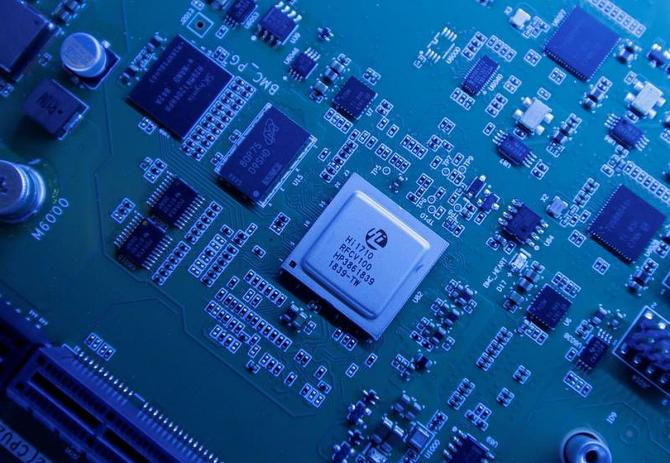Input shortages and low inventories, according to Nomura, will likely lead to production cuts and delayed shipments in the September 2021 quarter.

The semiconductor chip shortage, which has put most industries, especially the auto sector, on a bumpy road, is unlikely to resolve soon.
According to a recent report by Nomura, spread of the delta variant amid the low vaccination rates in many ASEAN economies and China’s zero-tolerance Covid strategy have prompted governments to impose restrictions and order factory or port closures.
That apart, shortage of raw materials and unavailability of containers in August have lengthened lead times -- the time taken between ordering a chip and its delivery. This is especially true in countries that are a part of manufacturing supply chains, like Vietnam, South Korea and China.
This comes at a time when chip inventories are already running low across most sectors around the globe. Input shortages and low inventories, according to Nomura, will likely lead to production cuts and delayed shipments in the September 2021 quarter.
“Indeed, both the output and export order components of the manufacturing PMI also eased in August. Asia is home to the world’s global manufacturing powerhouses. So, if these supply constraints do not start easing within the next month or two, higher downstream product prices could be in store for the Western consumer markets,” wrote Sonal Varma, Nomura’s chief economist for India and Asia ex-Japan, in a recent report.
The suppliers’ delivery time index component of the manufacturing PMI declined in eight out of nine Asian economies in August to an average of 41.3 from 42 in July -- both below the 50-mark threshold, data shows.
Vietnam’s IHS Markit PMI, for instance, fell to 40.2 in August from 45.1 in July, its third consecutive month of contraction and the lowest reading since April 2020.
On the other hand, Thailand’s PMI dipped to 48.3 from 48.7 -- its seventh contraction in the past eight months. Philippines’ PMI tumbled to 46.4 from 50.4, its lowest reading since May 2020.
There was some respite for Malaysia and Indonesia where the PMI reading rose to 43.4 in August from 40.1 in July and to 43.7 from 40.1, respectively, though both are still below the 50-point level that separates contraction from expansion, IHS Markit data suggests.
“Manufacturing PMIs for Indonesia, Vietnam, Thailand, Philippines and Malaysia all remained deep in negative territory in August, reflecting the disruption from lockdowns that forced factories to halt or slow production,” Varma said.
A recent report pegs the global semiconductor industry size at $439 billion. Taiwan, said a recent report by The Ken, is the epicentre of the semiconductor industry with 63 per cent of the foundries in the country, followed by South Korea (18 per cent) and China (6 per cent), while the remaining 13 per cent foundries are in other countries across the globe.
Back home, the lead time for automotive chips has increased from the normal levels of 8-12 weeks to 36-40 weeks now, suggests an August 30 note from Emkay Global. This, the report says, is mainly on account of the spike in Covid-19 cases and restrictions in the Asian countries that are part of the supply chain. Maruti Suzuki, for instance, now expects its total vehicle production in September, across its plants in Haryana and Gujarat, to drop 60 per cent due to chip shortage.
“Chip shortages are expected to persist in Q2-Q3 of FY22 and supplies are expected to improve in a staggered manner. Lead times are likely to decrease to 18-20 weeks by Q4 of FY22 and may come down to normal 8-12 weeks by FY23-end,” wrote Raghunandhan N L, Mumuksh Mandlesha and Bhargava Perni of Emkay Global.











